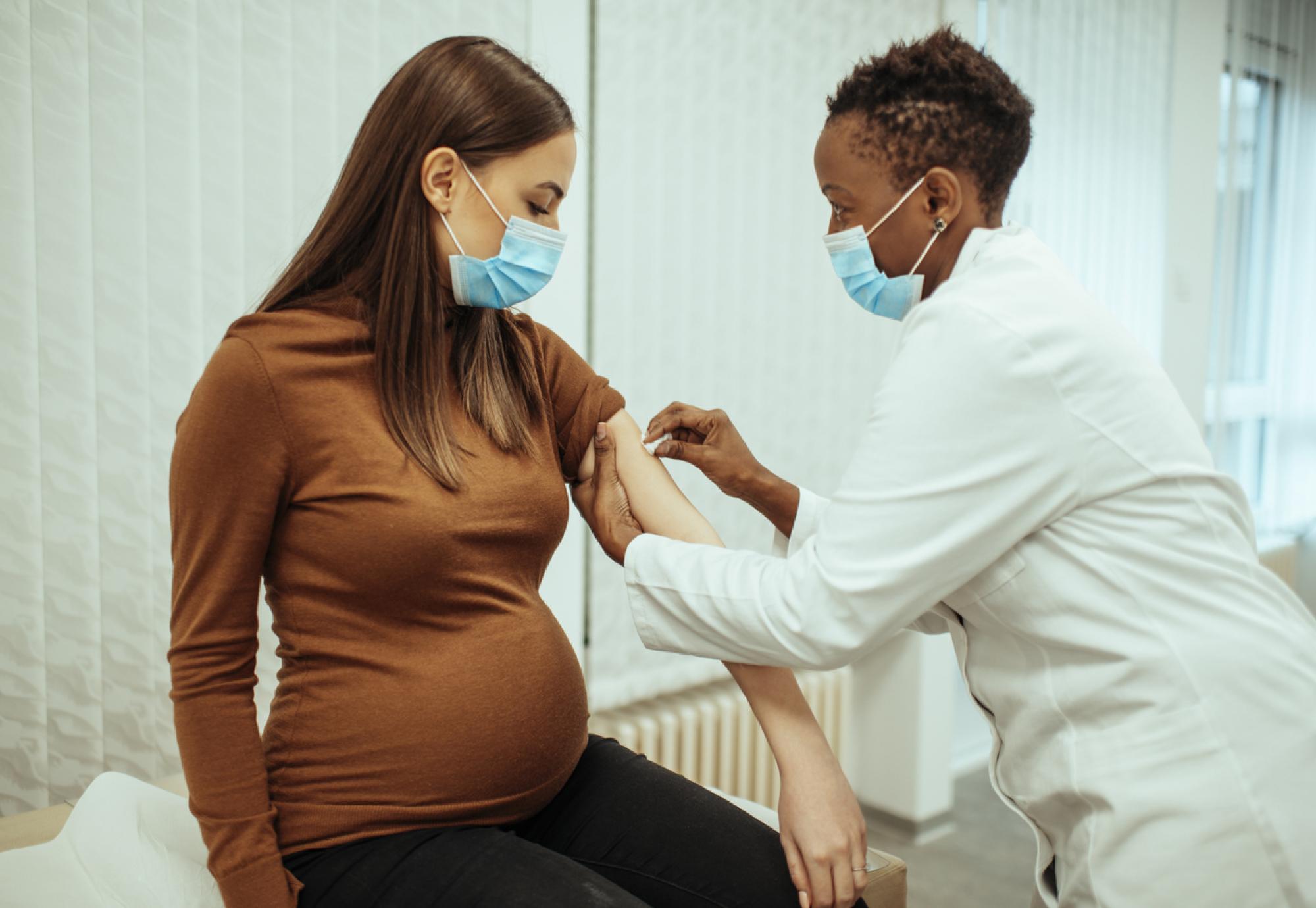In an ongoing effort to improve care and support for elderly women and women’s health satisfaction and outcomes in general, the government have published their report summarising written responses from 436 organisations and experts from the Women’s Health Strategy call for evidence.
The organisations that contributed to the report included participants from the charity sector, academia, professional bodies, clinicians, royal colleges and other general experts in women’s health.
The topics highlighted in the report include:
- Menstrual health and gynaecological conditions, including the impact of premenstrual syndrome on someone’s quality of life.
- Fertility, pregnancy, pregnancy loss and maternal health, including women not feeling listened to during and after pregnancy and the provision of bereavement support services.
- Menopause, including suggestions for improvements in training and guidelines for healthcare professionals.
- Gynaecological and other cancers, including barriers to accessing high-quality, up to date information on risk factors for female cancers.
- Mental health, including its interaction with other health conditions across women’s life course.
- Healthy ageing, including the need to increase focus on the health needs of older women and emphasise women may experience the same conditions as men in different ways.
- Violence against women and girls, including the complications associated with hymenoplasty and barriers to accessing healthcare support for those who’ve been subject to years of violence and abuse.
Minister for Women’s Health Maria Caulfield said: “For generations, women have lived in a healthcare system primarily designed by men, for men. We are committed to tackling the gender health gap, and the publication of our strategy later this year will mark a significant step forward.”
She added: “I want to thank the expert individuals and organisations who took the time to respond to our call for evidence. The insights you have provided have been stark and sobering but will be pivotal to ensuring our strategy represents the first-hand experiences of the health care system.”
The full report coupled with an additional 100,000 individual responses will help shape the government’s first ever Women’s Health Strategy in England as part of plans to level up health care, which they hope will ultimately “create a healthcare system that prioritises care on the basis of clinical need, not gender.”
The full published report can be found on the government’s website here.



















